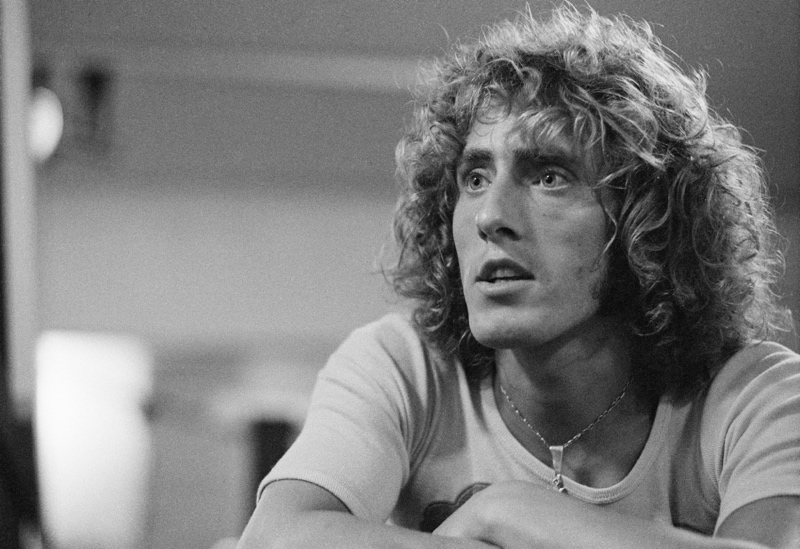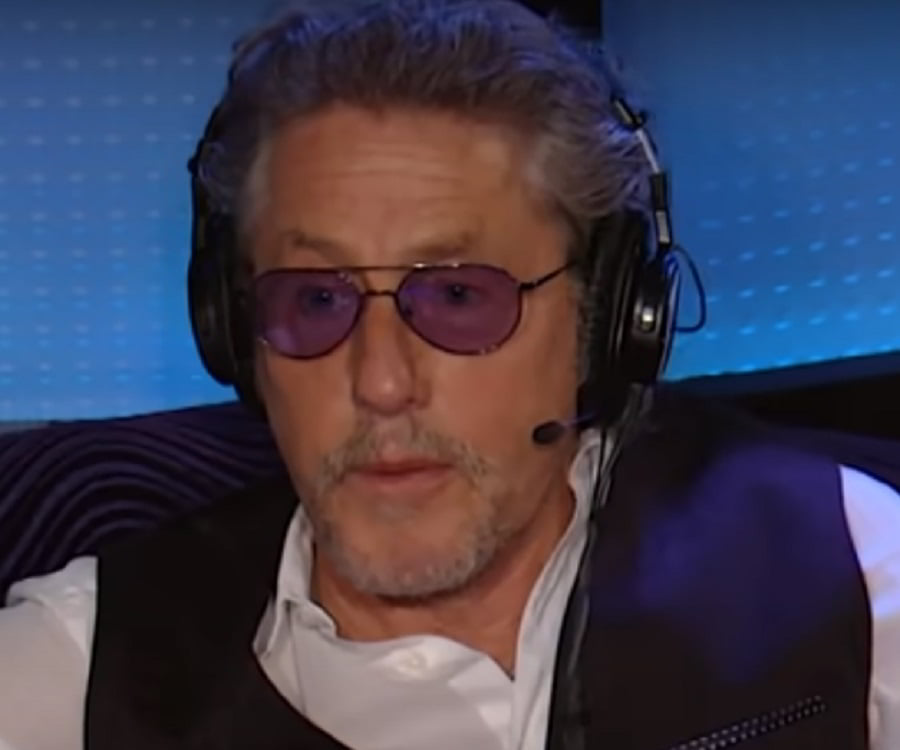
The rest is Daltrey's trip, perhaps a necessary one for him, but it isn't mine. The one cut that strikes me as out of the ordinary is "Milk Train," which uses the undertone of violence in Daltrey's straining, rangy voice a little differently from how Townshend might have used it. This is rather dully by comparison the (temporary) rock-band backing is just too usual, and most of the tunes are worse than that. He comes off better letting Pete Townshend run things and the Who do the playing - which is hardly surprising, since the Who may be the best rock band there is. Roger Daltrey cannot, of course, really solo, since he is a lead singer and not an instrumentalist or much of a songwriter what he does here, one supposes, is run things his own way. It must do someone some good, this practice of stepping out of a famous band to do "solo" albums, but that someone is seldom one of us listeners. Charley Walters, Rolling Stone, 9/11/75. Ride a Rock Horse is instead a rare example of tried professionalism linked with creativity. Studio wizardry, of course, is a work - but this is not assembly-line output. The craft of everyone involved, particularly Ballard, allows such seemingly unsuited choices to mesh on the album. He gives "Walking the Dog" a more throaty carriage (there's a cooking percussion section, too) but "Oceans Away" is a more reserved piece with a regal string arrangement. "World Over" is satisfying as well, albeit in a lighter fashion - a simple and catchy tune, delivered in Daltrey's higher, more delicate range.
ROGER DALTREY OCEANS AWAY SERIES
"Heart's Right" builds on a series of haunting piano chords, rises with powerful orchestration and slips into a relaxing, airy vocal chorus at the end. Two songs by pianist Paul Korda are high points. An approach often cold in its perfection, it's excitingly alive here. Ballard also plays guitar and piano strongly here, and his production achieves a smooth, clear surface.

Daltrey includes three Ballard songs, each with more than a hint of rhythm and blues. And though he may not sound as anguished or as gentle as other singers, few can match his sheer power.Īs Dave Courtney and Leo Sayer dominated Daltrey with sprightly and melodic pop treatments, so Russ Ballard (formerly with Argent) commands this record through more vigorous material. Ride a Rock Horse, his second solo endeavor, differs also from his initial Daltrey, suggesting that on his own he prefers to experiment. Rather than compete with his group, he chooses music very much out of their realm.

Roger Daltrey's career outside the Who differs from most solo ventures.


 0 kommentar(er)
0 kommentar(er)
